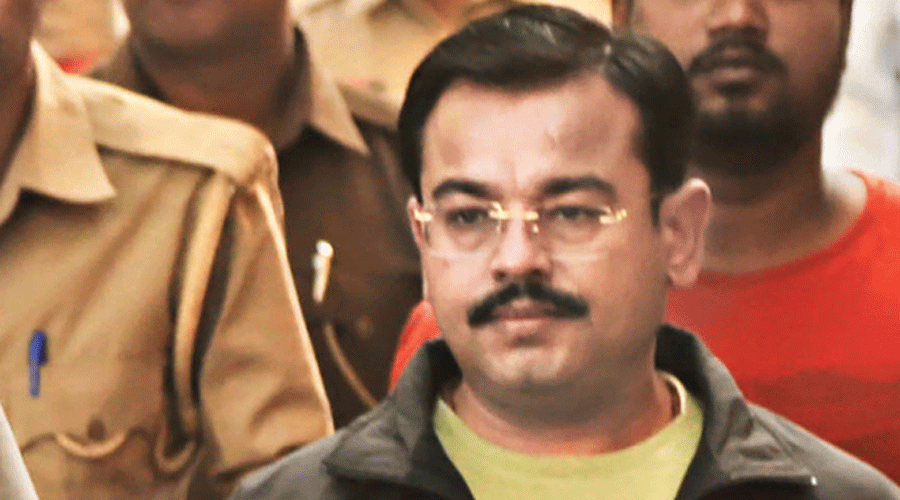The bases on which bail is given or withheld have long required serious attention. While setting aside the bail granted by the Allahabad High Court to Ashis Mishra, the Union minister’s son accused in the Lakhimpur Kheri case, the Supreme Court articulated certain principles. Outstanding among them was the argument for the victims’ and their families’ right to present their side even during a bail hearing, especially when they had ‘legitimate grievances’. If followed, this single principle would alter the way bail is given. The Supreme Court reportedly declared that victims and their parties had a legally vested right to be heard at every step from the investigation to the trial’s culmination — not just at the trial. With the victim or their family in a participatory role from the police station to the courtroom, equality would be injected into a situation which is often irretrievably unequal, because heinous crimes are frequently committed by the rich and powerful against the poor and the socially powerless. The Supreme Court added that it was the high court’s duty to provide victims with legal aid counsel at the State’s expense if they could not afford private counsel. This not only underscored the unequal positions of perpetrator and victim in a large number of cases but also closed the loopholes through which ‘a grave miscarriage of justice’ could occur.
Bail can be given after the victim has had ‘adequate opportunity’ to be heard. Reportedly, the Supreme Court also criticized the Allahabad High Court’s ‘tearing hurry’ that led to a ‘myopic’ ruling on the basis of ‘irrelevant considerations’. The principles mentioned by the Supreme Court regarding the giving or withholding of bail were a reminder that each case is different; the circumstances of the offence and the possible impact of bail must be considered carefully, as the court has the solemn duty of delivering justice. This alludes to the highest function of reason. In another ruling setting aside the bail given to a person who allegedly raped his niece, the Supreme Court emphasized that reason was the ‘life blood’ of the judicial system. Giving or denying bail must be explained with reason — and not ordered mechanically with a vague reference to ‘facts and circumstances’ of the case. Bound by these principles, bail may at last become a meaningful practice.










